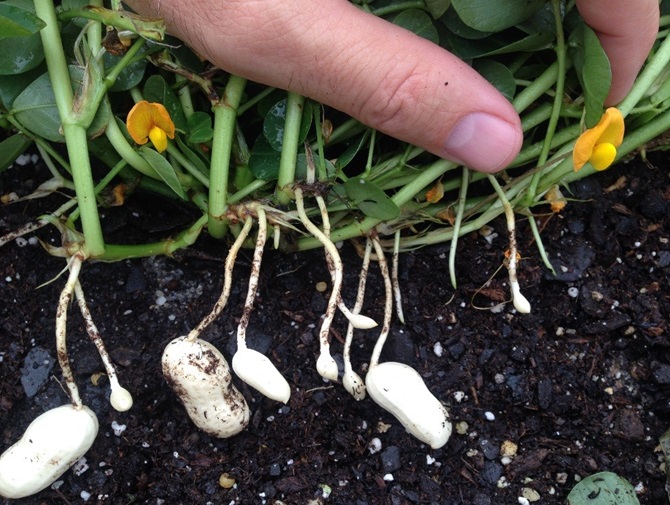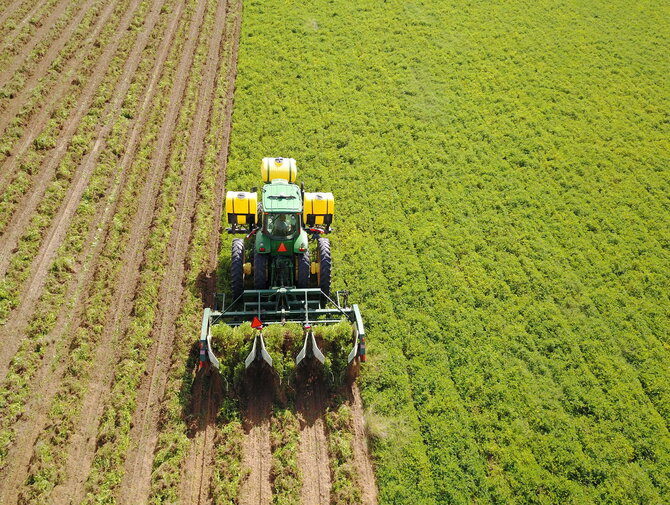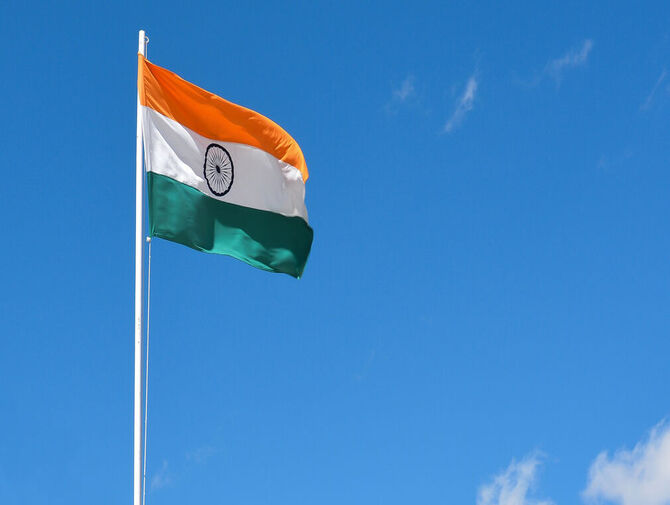

An ounce of information

Article by Pnut King
Published on 02/12/2024 in Peanut News
Discover the global consumption and production hubs of peanuts, and explore the applications of peanut products across various regional cuisines. Visit us now!
Asia is both the biggest producer and consumer of peanuts in the world. China, Indonesia, and India are the largest consumers in the region, followed by Vietnam, Malaysia, and Taiwan. In China, peanut oil is a popular and widely used cooking ingredient. Traditionally, the peanut was literally called the “longevity fruit”, and it remains a potent symbol of abundance, fertility, and long life. At weddings, redskin peanuts are commonly displayed on both the dining table and wedding bed, thanks to the colour’s symbolic meaning of celebration and promise of a prosperous life. In feng shui, bowls of redskin peanuts are used to bring fertility and good luck to a home. In India, peanuts are held so close to people’s hearts that in Bangalore an annual peanut fair (the Kadlekai Parishe) is held, and peanut oil has been particularly popular in the western parts of the country since the mid 20th century, thanks to its antioxidant properties and high smoke point that makes it ideal for deep-frying pakoras. South India even has its own variety of peanut brittle called peanut chikki, made with jaggery (a form of cane sugar) and crushed roasted peanuts. In Indonesian cooking gado-gado salads hold a special place, served with a peanut sauce dressing, alongside satay dishes made from peanut brittles. Chopped roasted peanuts are used at traditional ceremonies, and there are many local snacks: “dodol kacang” (peanuts wrapped in corn leaves), “halua kacang” (caramelised brown sugar with flattened roasted peanuts), and “kacang goyang”, or shaken peanuts. After China, India is the second largest peanut producer in the world, responsible for a remarkable 13% of global production. Java peanuts are amongst the best-quality peanuts in India, with a special sweet flavour and round shape that makes them ideal for snack manufacturing and peanut butter production
Europe, driven by the Netherlands’ shipping docks, is the largest importer of peanuts in the world. Demand continues to soar: This year alone, imports rose by almost 13%. The European market is expected to hit $1.35 billion by 2026. The majority of those imports are re-exported across the region, with Germany the largest European consumer of peanuts. The UK market is highly diversified, with lots of competing brands, and the French market, the fourth largest in the continent, is becoming increasingly significant. In recent years, brands like Whole Earth have launched novel products, such as squeezy chocolate peanut butter, and innovation abounds. The high protein value of peanuts has also seen their inclusion in a range of sports and nutrition bars, shakes, and mixes.
The USA makes its love of peanuts a matter of pride. Peanut butter is hugely popular in the country, with Americans estimated to consume three pounds of peanuts per person each year. American peanut soup was originally introduced by African slaves, and peanut butter was first introduced to consumers at the St. Louis World’s Fair in 1904. Today, peanut butter accounts for around $850 million in retail sales each year. As well as being a large consumer, the USA is also a big producer of peanuts, supplying its domestic consumption as well as European and Asian exports.
The consumption of peanuts around the world reflects their widespread appeal and versatility. From Asia to Europe and North America, peanuts have found their way into diverse culinary traditions and snack choices.
With over 17 years of experience in the peanut industry and numerous awards recognising his contributions, he founded Agrocrops in 2008, a leading global peanut company. His passion for peanuts drives his commitment to improving the industry for all stakeholders and promoting sustainability.
.jpg)
Published on 14/04/2025 in

Published on 04/04/2025 in

Published on 02/04/2025 in
.jpg)
Published on 01/04/2025 in
